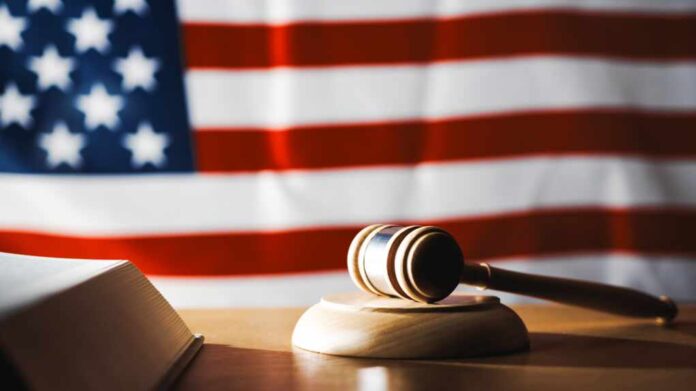
The Supreme Court is looking into the controversial and consequential issue of civil asset forfeiture in the United States. This Monday, they listened to arguments regarding rules for expediting the return of confiscated property to the rightful owners.
Some justices believe this practice of confiscating property claimed to have been involved in criminal actions has the potential to be misused at the expense of the public. Justice Neil Gorsuch mentioned that some places might be using the practice to generate revenue rather than having the aim of enforcing the law. He also highlighted the most serious complaint about the practice of civil asset forfeiture: the reported difficulty in regaining property once it has been confiscated by police.
Justice Sonia Sotomayor agreed, saying that there are many times when this system has been used the wrong way and for the wrong purposes all over the country.
Sotomayor, Gorsuch appear to team up against Alabama in civil asset forfeiture case
Full story here –> https://t.co/pWXjotUJAV pic.twitter.com/kZoUT3Kq1e
— Law&Crime Network (@LawCrimeNetwork) October 30, 2023
The Court is trying to decide whether or not they have the right cases from Alabama to deal with this issue.
One story brought to the court was about Halima Culley, who bought a car for her son for college. But when her son was stopped by police in 2019, they found marijuana and took the car he was driving.
In another story, a woman lets a friend borrow her car. The friend, however, was caught driving the car with methamphetamine, and the police confiscated the vehicle — leaving the innocent party without a car.
Both owners eventually got their cars back. But it took more than a year. They took the issue to court, claiming they should have been given an opportunity to retrieve their property sooner while their court cases were still in process, but the lower courts didn’t agree with their argument.
Sotomayor talked about how this is a critical issue for property owners who were honestly unaware that a crime was being committed — like parents whose kids may be involved in drugs or people who lend things to friends or family.
Gorsuch has said before that some rules appear unfair and might be set up to let the state keep the property of citizens. He also expressed concerns about the potential for dubious deals and coordination being incentivized by this practice in order to benefit themselves and, again, not rooted in the interest of enforcing the law fairly.
The big question they’re asking is very basic: if other places in the world fix these problems quickly, why can’t the United States?













